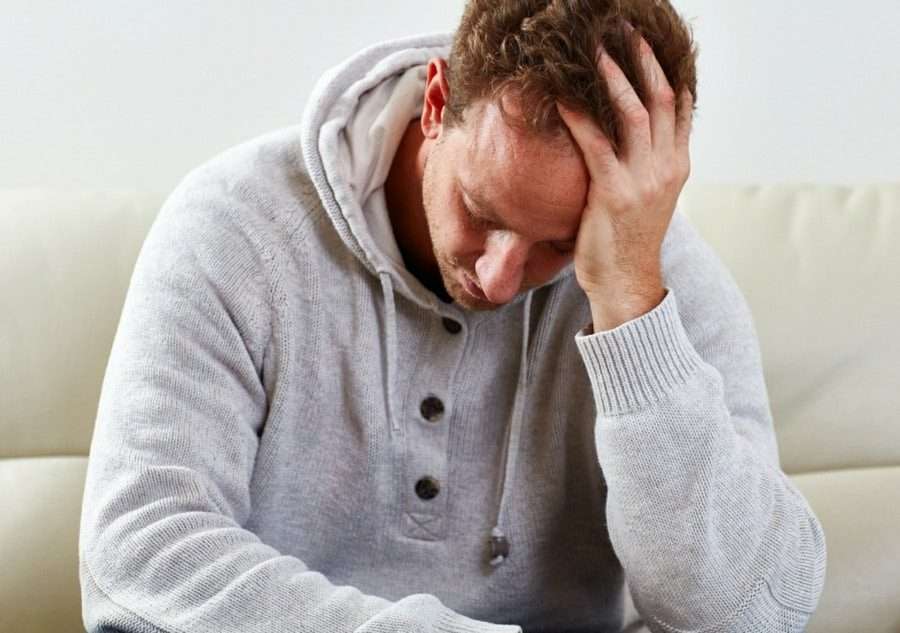Self-esteem refers to a person’s overall sense of self-value. It is essentially your opinion about yourself. It can encompass a range of factors such as your sense of identity, your self-confidence, feelings of competence, and feelings of belonging. It plays an important role in a variety of areas in life, which is why having low self-esteem can be such a serious problem.
Self-esteem is about more than just generally liking yourself—it also means believing you deserve love and valuing your own thoughts, feelings, opinions, interests, and goals.
Having self-esteem not only impacts how you feel about and treat yourself—it can also play a role in how you allow others to treat you. It can affect your motivation to go after the things you want in life and your ability to develop healthy, supportive relationships.
Signs of Low Self-Esteem

Poor self-esteem can affect a person’s thoughts, emotions, and patterns of behavior. Sometimes these signs can be more apparent, but in some cases that can be much more subtle.
Some people with low self-esteem talk negatively about themselves, while others go out of their way to make sure that other people are pleased with them. In either case, this lack of personal worth and value can have a serious negative impact on a person’s life and wellness.
Some common signs of low self-esteem are outlined below.
Poor Confidence
People with low self-confidence tend to have low self-esteem and vice versa. Being confident in yourself and your abilities allows you to know that you can rely on yourself to manage different situations.
This self-trust means that you feel comfortable and confident navigating many different things you might encounter in life, which can play an important role in your overall well-being.
Low self-esteem can play a role in causing this lack of confidence, but poor confidence can also contribute to or worsen poor self-esteem. Finding ways to gain confidence in yourself and your abilities can be helpful. Acquiring and practicing new skills is one tactic you might try to boost your confidence and self-esteem.
Lack of Control
People who have low self-esteem often feel that they have little control over their lives or what happens to them. This might be due to the fact that they feel that they have little ability to create changes either in themselves or in the world. Because they have an external locus of control, they may feel that they are powerless to do anything to fix their problems.
Research has found that in situations where people do have little control over what happens, having higher self-esteem can help relieve some of the negative effects of this loss of control, which ultimately benefits mental health.
Negative Social Comparison
Social comparison can sometimes serve a positive function and enhance a person’s sense of self. However, comparing yourself to others can also play a role in damaging self-esteem. People with low self-esteem may be more likely to engage in what is known as upward social comparison, or comparing themselves to people who they think are better than themselves.
Upward social comparison isn’t always bad. Sometimes these comparisons can be a source of information and inspiration for improvement. When people are left with feelings of inadequacy or hopelessness, however, it can inhibit self-esteem.
Social media may also play a role in such comparisons. If you often compare yourself unfavorably to people on social media sites such as Facebook and Instagram, your self-esteem may begin to take a hit.
Problems Asking for What You Need
When a person has low self-esteem, they may struggle to ask for what they need. Because their self-regard is low, they may feel that they don’t deserve help. They might also feel embarrassed or incompetent by their need for assistance and support. Because they don’t prioritize their own desires, they struggle to assert themselves when they are in need.
Worry and Self-Doubt
Even after making a decision, people who have low self-worth often worry that they’ve made the wrong choice. They doubt their own opinions and may often defer to what others think instead of sticking to their choices.
This can often lead to a great deal of second-guessing and self-doubt, which make it harder for people with low self-esteem to make decisions about their lives.
Trouble Accepting Positive Feedback
One 2017 study published in the Journal of Experimental Social Psychology found that low self-esteem is directly correlated to not being able to accept or capitalize on compliments from others.
This positive feedback is often met with suspicion and distrust. These complimentary words do not align with their beliefs about themselves, so people with self-esteem issues may even feel that the other person is being flippant or even cruel.
Negative Self-Talk
Low self-esteem causes people to focus on their flaws rather than their strengths. Rather than build themselves up with positive self-talk, they always seem to have something negative to say about themselves. They blame themselves when things go wrong and always find some fault with some aspect of themselves, whether it is their appearance, their personality, or their abilities.
Fear of Failure
Because they lack confidence in their abilities, people with low self-esteem doubt their ability to achieve success. While they might fear failure, they tend to either avoid challenges or give up quickly without really trying.
This fear of failure can be seen in behaviors such as acting out when things go wrong or looking for ways to hide feelings of inadequacy. People might make excuses, blame external factors, or try to downplay the importance of the task.
Poor Outlook
Low self-worth also causes people to feel that there is little chance that the future will be any better. These feelings of hopelessness can make it hard for people with low self-esteem to engage in behaviors that will bring about positive changes in their lives.
Self-sabotage is also a common way of coping with such feelings. By finding obstacles to prevent success, people with low self-esteem are able to find something else to blame for what they see as their own shortcomings.
Lack of Boundaries
The ability to create boundaries is often established early in life. Children who have caregivers that show them that they are respected and valued are more likely to be able to create good boundaries in adult relationships. They are also more likely to have a more positive view of themselves in general.
This can create problems when people don’t respect a person’s space and time. The lack of respect not only adds to stress but may make a person feel less valued.
Trying to Please Others
People-pleasing can also be another common symptom of low self-esteem. In order to gain external validation, people who don’t feel good about themselves may go above and beyond to make sure that other people are comfortable and happy. This often involves neglecting their own needs, saying yes to things they may not want to do, and feeling guilty about saying no.
Ways To Improve Low Self-Esteem
Low self-esteem can take a toll on your emotional well-being, so it is important to take steps to address your sense of self and get the support that you need. Building your self-esteem takes time, but there are things that you can do to help protect your mental well-being while you are taking steps to improve your self-regard.
Focus on Hopeful Thoughts
Spend a little time each day focusing on positive, hopeful thoughts. Notice the little things that you are good at and allow yourself to feel proud of them. Think about times in the past when you have made it through something really difficult and remind yourself that even though you might not feel your best right now, you have the ability and strength to get through it.
Care for Yourself
Poor self-esteem can sometimes leave you feeling like you don’t deserve care and consideration. Work on reminding yourself that you need self-care and look for things that you can do to show kindness to yourself, no matter how small they may be. Spend some time doing something that you enjoy. Give yourself moments of rest and relaxation.
Get Some Outside Support
Share your struggles with someone else who can offer unconditional support. This might be a friend or family member, but it can also be a person such as a doctor, therapist, teacher, or clergy member.
Having a network of caring people who value you and want you to value yourself can be helpful as you work toward improving your self-esteem.









